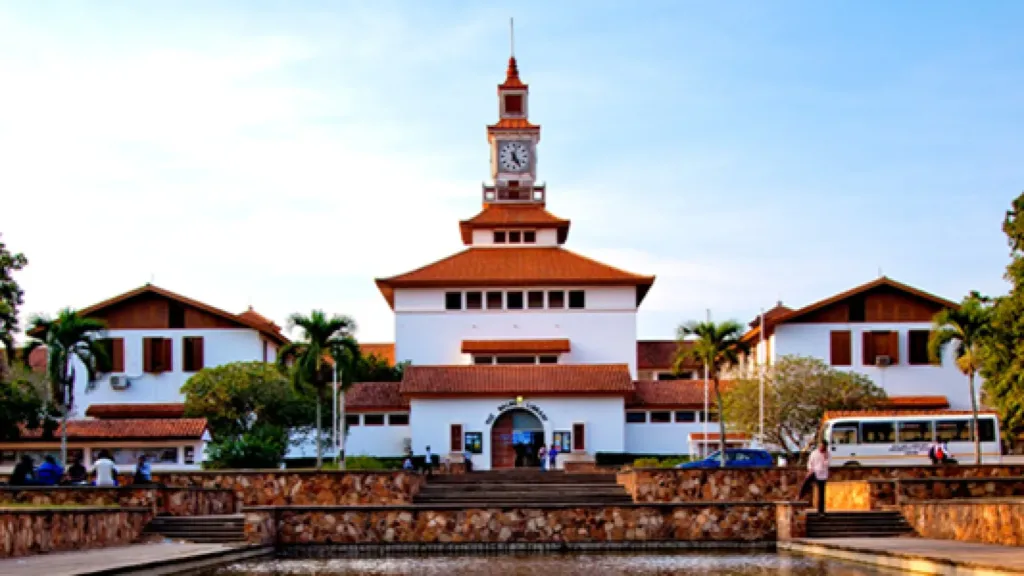The University of Ghana Warns Public of Fraudulent Land Sales Scam
Elite Institution Alerts Citizens About Fake Land Deals in National Service Farms & Papao Areas
In an era where land scams continue to plague Ghana’s real estate sector, the University of Ghana has sounded an urgent alarm regarding unauthorized sales of its property. The prestigious institution is taking a stand against fraudsters who are illegally profiting from its valuable land assets.
University Uncovers Sophisticated Land Scam Operation
The University of Ghana has issued a critical public warning about fraudulent land sales involving university-owned property, particularly in areas surrounding the National Service Farms and Papao. This alert comes following disturbing reports of individuals falsely claiming to have government authorization to sell portions of the university’s land.
According to a notice released by the University’s Public Affairs Directorate, several unsuspecting buyers have already fallen victim to these elaborate schemes. The fraudsters—reportedly from Osu—have been misrepresenting themselves as authorized agents with proper governmental approval to conduct these sales.
“No one is authorized to sell land on behalf of the University. These properties are not for sale,” the statement emphatically declared, leaving no room for ambiguity.
Victims Already Identified as National Security Investigates
The university’s Physical Development and Municipal Services Directorate (PDMSD) has confirmed that at least two individuals have been deceived into purchasing land under false pretenses. These victims were led to believe that the University would eventually endorse their ownership—a claim the institution categorically denies.
The severity of the situation has attracted the attention of National Security, with officers already visiting the university campus as part of their ongoing investigation into at least one fraudulent land transaction.
Understanding Ghana’s Land Fraud Crisis
This incident is unfortunately not isolated but part of a broader pattern of land fraud in Ghana. Land disputes and scams remain among the most common legal issues in the country, with educational institutions often targeted due to their extensive land holdings.
According to the Ghana Real Estate Developers Association, land fraud costs Ghanaians millions of cedis annually and creates significant challenges for legitimate property development.
University’s Strategic Response
This public alert aligns perfectly with the University’s 2024–2029 Strategic Plan, specifically Strategic Priority 5, which focuses on the responsible and sustainable management of institutional resources. By taking a proactive approach to protecting its land assets, the University demonstrates its commitment to preserving resources for future generations of students and faculty.
The University of Ghana, established in 1948, manages considerable land assets that support its educational mission and provide space for future expansion. These lands represent not just financial assets but the physical foundation for Ghana’s premier higher education institution.
How to Protect Yourself from Land Fraud
If you’re considering purchasing land in Ghana, experts recommend these essential precautions:
- Always verify ownership through the Lands Commission
- Never rely solely on verbal assurances or unauthorized documentation
- Consult with a qualified real estate lawyer before making payments
- Be wary of deals that seem too good to be true
- Check with relevant institutions directly when institutional land is involved
What to Do If You Suspect Fraud
The University has urged the public to remain vigilant and report any suspicious land offers to either the University authorities or law enforcement agencies immediately. Early reporting can help prevent others from falling victim to these schemes and assist authorities in apprehending perpetrators.
For verification of any land matters concerning University of Ghana property, the public can contact the Physical Development and Municipal Services Directorate directly.



